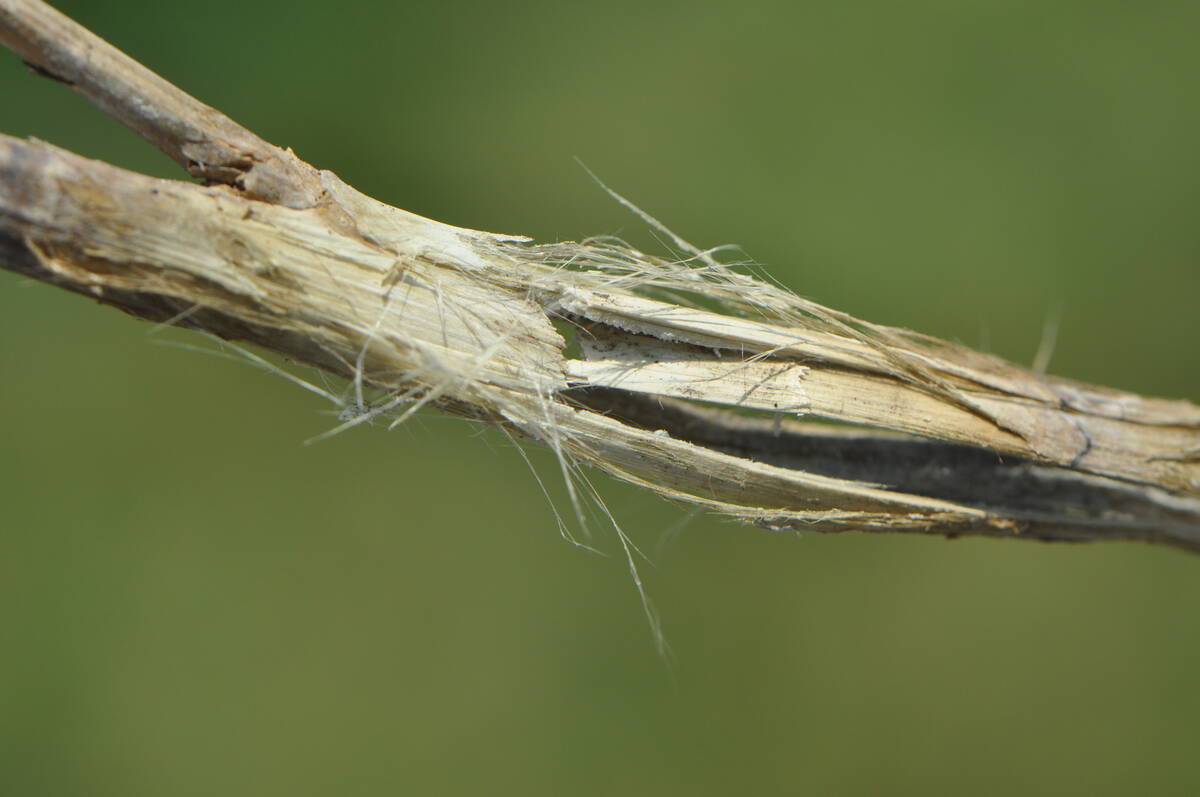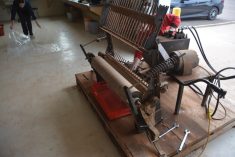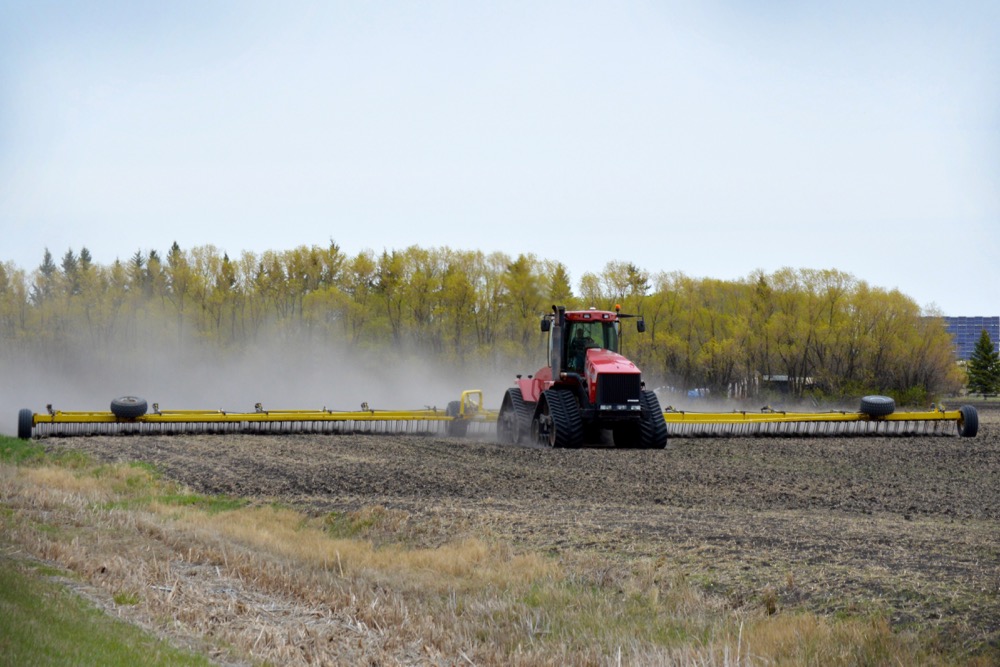“I think all agriculture products are going to face this challenge, not just potatoes.”
– YVES LECLERC
It all began with a filing at the U. S. Securities and Exchange Commission.
A group of unlikely McDonald’s Restaurant shareholders – including a college investment fund, an ethical investment adviser and a labour group registered a “shareholders’ request” as it’s known. They wanted the corporation to debate and vote on a resolution to report on pesticide use in the restaurant’s supply chain.
Read Also

Manitoba sclerotinia picture mixed for 2025
Variations in weather and crop development in this year’s Manitoba canola fields make blanket sclerotinia outlooks hard to pin down
Their reasons for making the request were varied – everything from “socially responsible investing” to a desire to lower worker exposure to potentially dangerous products.
“They were not typical shareholders, and they asked that McDonald’s, within one year, produce a report on policy options to reduce pesticide use in their supply chain,” Yves LeClerc, McCain Foods director of potato agronomy told the recent Manitoba Potato Days meeting.
Since this request was coming from shareholders, McDonald’s was legally required to investigate the situation and report back. It began by contacting its suppliers, including McCain Foods, says LeClerc.
The first step was to try to establish a baseline and see what direction crop protection product use was trending. In the U. S. there’s fairly good public data from the USDA – but that’s not the case north of the border.
“In Canada, there’s no public data,” LeClerc says. “Fortunately McCain has records back to the 1970s and we were able to get a bit of an idea of how we’ve evolved over the last 40 years.”
LESS ACTIVE INGREDIENT
Crunching the data, it became apparent that total pesticide use, as measured by amount of active ingredient per hundredweight of potatoes produced, had been falling steadily. That was partly because new pesticides had lower levels of toxic active ingredient in their formulation and partly because there have been great str ides in productivity in the sector; production per acre has been steadily rising.
“That’s a very good story for the industry,” says LeClerc.
While the news was relatively good, there were still questions remaining, especially about the lack of good publ ic data, which meant McDonald’s favoured pursuing another route says LeClerc.
“It was decided that they should look at the IPM (integrated pest management) strategy,” says LeClerc. “McDonald’s wanted to have an IPM working group that could find a solution that was acceptable to all parties.”
SURVEY
McDonald’s struck a working group that consisted of representatives of the entire supply chain from the grower organizations, through the processors and to the restaurant company, as well as environmental organizations. They designed an online survey that could be used to determine best management practices for crop protection product use in the potato industry on both sides of the border.
“I think all agriculture products are going to face this challenge, not just potatoes,” says LeClerc. “In the potato industry we’re relatively lucky because of our short supply chain. It’s places like the grain industry where this is going to get really challenging.” [email protected]



















